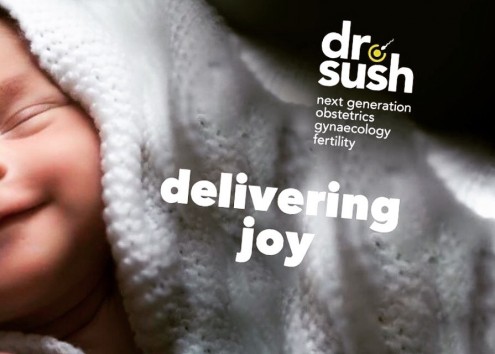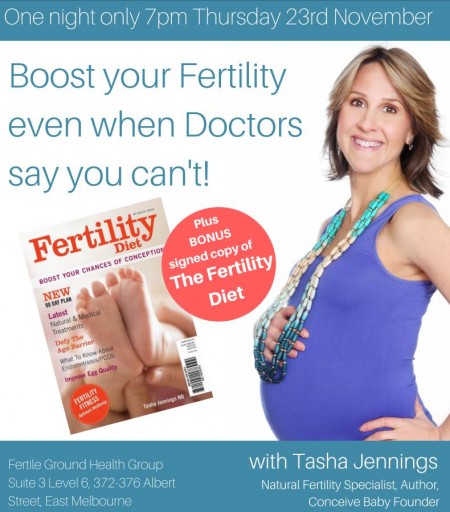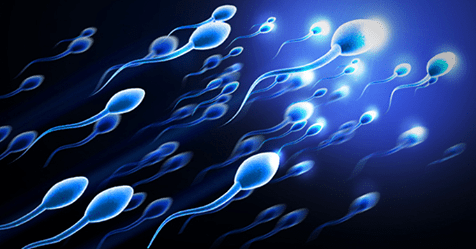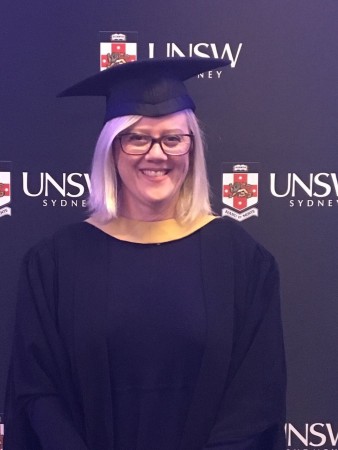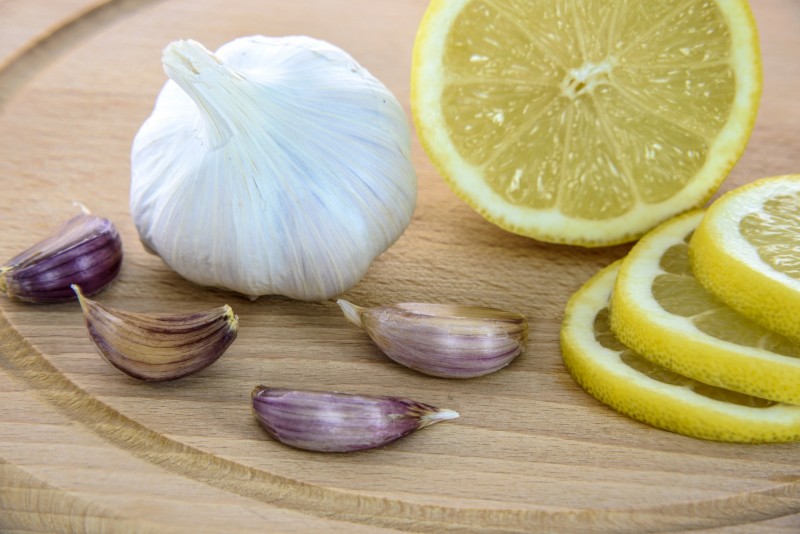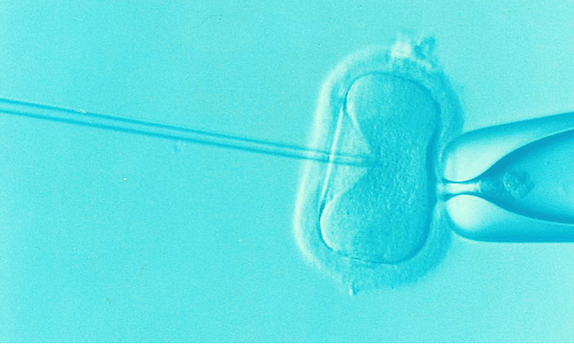
By Charmaine Dennis, FGHG naturopath and director.
Every year the Fertility Society of Australia (FSA) holds a scientific meeting attracting experts in reproductive health from around the world, to present research and discuss new technologies and treatments. This year’s 2017 Merck symposium delivered plenty of healthy debate with it’s provocative main question for the day – Are we selling truths or false truths?
I was fortunate enough to be there to hear the thought leaders in our field contemplate the difficult questions around fertility treatment. The symposium was a fabulous day of learning and challenging of outdated, ineffective or unjustified approaches. Speakers were asked to refute or defend a controversial statement – which made for some juicy discussion and debating. A very healthy approach to challenging the status quo!
Among many gems, great debating and interesting insights, my favourite for the day was UK researcher and Professor of Ob/Gyn Nick Macklon who was given the topic – “Technology offers more hope for fertility treatment than nutritional or lifestyle interventions”. It was the final session for the day and as you can hear from my agreeable murmurings in the video I took to share with you, I was rapt to hear this being presented to a large room full of fertility specialists, IVF nurses and counsellors.
See if any of this sounds familiar?!
He said that “major technological advances in IVF medicine have been impressive over the past decade in particular, but have done little to impact on outcomes”. Percentages of take home babies per IVF cycle have changed little in the past decade, with very similar rates over time.
Prof. Macklon made the call to support much more of the kind of work we do in preconception health – to actually improve the quality of the gametes – the eggs and sperm, and therefore the resulting embryo. He went on to say that “marginal gains are important, and even if small, these will add up over time and are cumulative as you add in all of the different interventions”. The small benefits from lifestyle intervention that are “CHEAP, NOT TOO DEMANDING, SIMPLE and SAFE .. may be far better than spending a lot of money on technology which would need to have huge impacts to justify it’s costs”.
Furthering his argument, and with joy to my heart, he said “we’re not just focusing on getting the woman pregnant, we need to focus on producing lovely healthy babies too. It’s becoming more and more evident that periconception phase is where it all happens – where pregnancy complications have their origins, where preeclampsia starts, where probably PCOS, obesity, and heart disease starts. Lifestyle change is not just for the patient, its for the health of her offspring, and possibly her offsprings, offspring. Many studies now are demonstrating this intergenerational effect of preconception behaviours”.
With a sigh of relief from me as he refuted the topic at hand, Professor Macklon made a strong call to support lifestyle and dietary interventions in IVF. “We need to risk assess – for both medical complications or lifestyle problems (and) we need to optimise health and fertility as part of the IVF cycle. The cycle starts well before we start gonadotropins, and hopefully we can focus on not just selling a positive pregnancy test but the healthy child we all want”.
It is always a bit of a thrill to hear this kind of presentation at a medical conference, and to see how far science and medicine has come in support of the work naturopaths have been doing for so many decades now. This is where the bridges can be forged between complementary medicine and medical science and is so supportive of the collaborative values that FGHG holds so strongly.
Preconception and preventative health care is what naturopaths do best. Chipping away over all the years, it seems that fertility specialists are now recognising the importance of this work more fully. Finally we can make some real impact to public education around preconception care, supported by the medical approach, scientific research and some of the worlds best IVF specialists.
The work required by us as a profession and as a patient group is to help our medical fertility colleagues understand the scope of what we are actually doing with patients and why you come to see us. It’s not crystal balls and herbal “potions”, astrology, tears from a Tibetan yak or “fish slapping” (seriously while many are supportive and even refer directly to us, many others still have no idea what we do and make a whole bunch of unfounded assumptions!). It’s not because you are “crazy” or “desperate” but because you know it makes sense that what you do in your life, what you choose to eat, how nutritionally replete you are, how stressed you are and how every other thing to do with your health (think thyroid function, blood sugar imbalance, lack of sleep etc etc) may impact on your outcomes. You want to know that you are doing everything possible to achieve a healthy pregnancy and baby and that all of the boxes for best outcomes have been explored and ticked!
We will keep writing letters, educating and researching. You can help by making sure you tell your Drs about the improvements you have made in your diet and lifestyle due to the work you have done with us to help them understand the value – giving up smoking, alcohol, moving towards a healthy weight, exercising, getting the timing right for sex in your natural cycles, reducing exposure to harmful chemicals around the home and at work, stress management… and every other way you feel more healthy as you are working with us towards trying to conceive.
Nutritional supplements and herbal medicine may be a part of what you require to optimise your health and outcomes, but addressing the causes for the imbalances we treat are the key to a healthy life and conception. Finding the healthiest diet and lifestyle for you are such an important part of our approach and will always inform the basis of our work with people trying to conceive – naturally or with IVF.
The future is bright! 🌟

Charmaine Dennis is a naturopath, fertility and health expert, mentor, writer, mother, and businesswoman. She is the founding director of Fertile Ground Health Group, co- creator of the Be Fertile relaxation CD series and co-author of The Breakfast Project, among other health inspired projects. Her greatest gift and inspiration is making health, wellbeing, and passionate living accessible, inspiring and achievable for everyone.
Paraphrased from Prof Macklon’s conclusion and the final say from the whole day of presentations: (see video)
“We shouldn’t forget the less sexy side of our work…. if we are really going to improve gamete and endometrial quality…. we’ve got to go back to the patient to see what we can to make them to grow a better egg, grow better sperm or allow a better culture medium for that embryo to implant. There is increasing evidence now that there are interventions that can genuinely impact on these elements, so let’s start looking at them.
RCTs are beginning to show that even short nutritional interventions may be of benefit so we need to look at that.
If we can just apply this marginal gains approach then over time we will see significant impact. on IVF outcomes”
Your Fertility, Victorian Assisted Reproductive Treatment Authority (VARTA), Andrology Australia, Jean Hailes for Women’s Health, Robinson Research Institute, The University of Adelaide Fertility and Sterility

